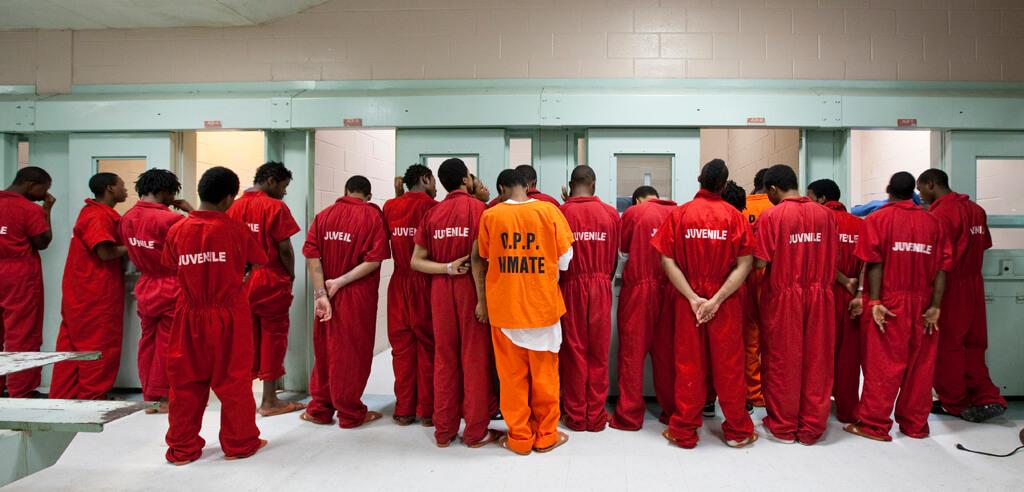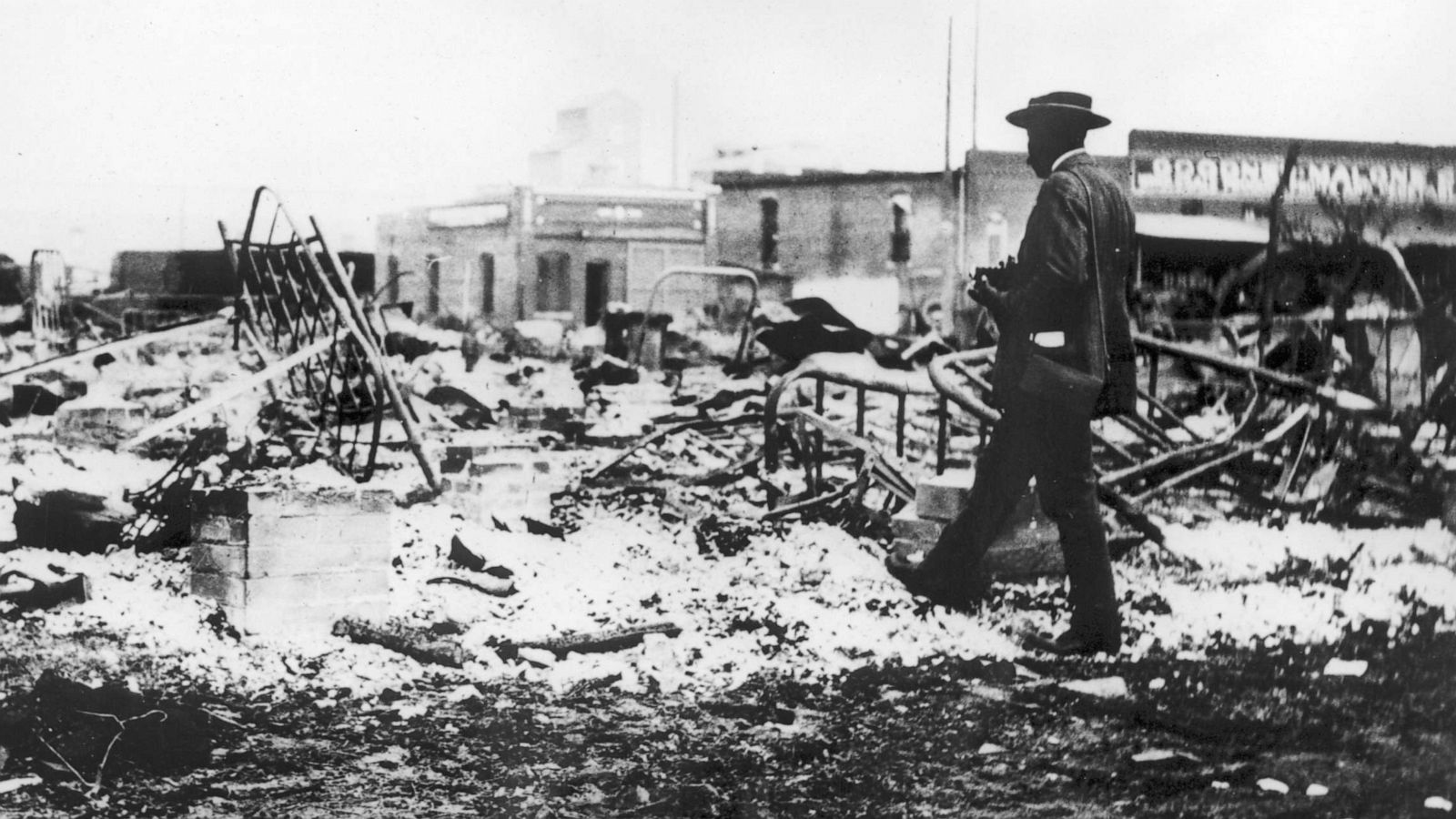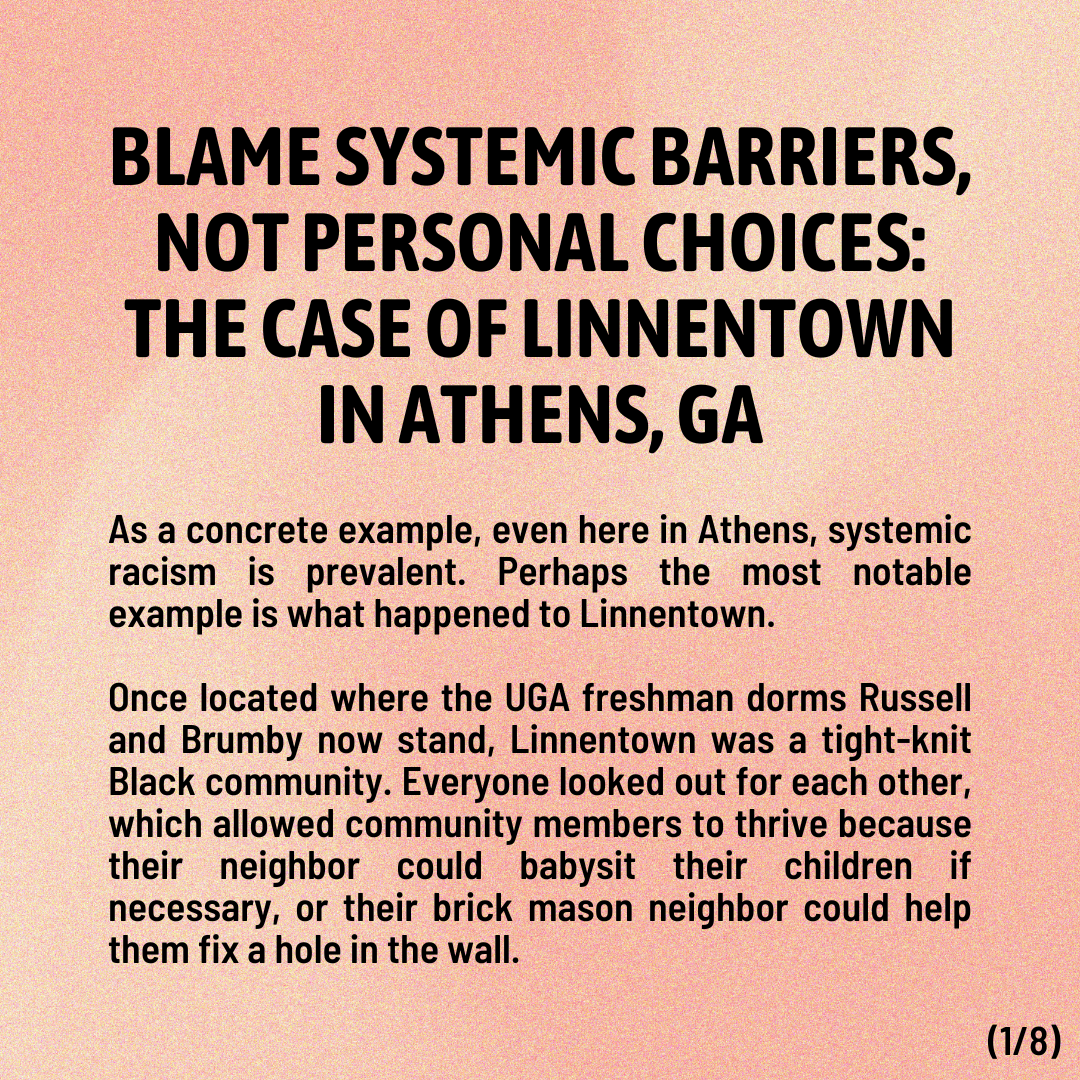By Raiana Kelly, AADM Contributing Writer
August 2019
The school to prison pipeline describes the disproportionate tendency of minors and young adults nationwide to be funneled out of public schools and into the juvenile and criminal justice systems. According to the American Civil Liberties Union (ACLU), students of color are especially vulnerable to the discriminatory application of discipline. Many of the children in this pipeline come from disadvantaged backgrounds, have learning disabilities, histories of poverty, abuse, or neglect, and would benefit from additional educational and counseling services.
For most students, the pipeline begins in public schools with inadequate resources. This lack of funding leads to overcrowded classrooms, a lack of qualified educators, insufficient funding for counselors and special education services, and an increased reliance on police or school resource officers (SRO) to handle incidents that should be handled by the school administration. In response to school shootings in the 1990’s, many schools adopted zero-tolerance policies that are applied to all school infractions regardless of the seriousness of behavior. Zero-tolerance policies in schools ultimately criminalize minor infractions of school rules, such as tardiness and disruptive behavior, and the additional presence of SROs or police in schools leads to severe punishments and more referrals to juvenile court. The most common method of discipline is suspension and expulsion.
Suspension rates have increased from 1.7 million in 1974 to 3.1 million in 2000, and this is most dramatic for students of color. The percentage of white students suspended declined from 1999 to 2007 while black and hispanic student suspensions increased. Studies have shown that the over-representation of black and hispanic students is related to referral bias on the part of the school officials. These findings mirror the over-representation of people of color in prisons and jails; youth of color make up one third of the adolescent population but two thirds of all youth detained in secure facilities. Data shows that once a student is suspended or expelled, they’re less likely to complete high school, more than twice as likely to be arrested, and more likely to be in contact with the juvenile justice system the following year.
There are many studies to date that show that zero-tolerance policies have not been successful in achieving safe, disciplined classrooms but rather that they are harmful strategies that make our schools and communities less safe. If the desired outcome of the juvenile justice system is to reduce recidivism, then doing so requires an integrated approach in which the currently independent systems (social services, mental health, the school system, juvenile court, and juvenile justice agency) work together to provide appropriate assessment and effective treatment alternatives to punishment.
The Athens Anti-Discrimination Movement (AADM) is working to end the school to prison pipeline in the Clarke-County School District (CCSD). The End School to Prison Pipeline program aims to reduce juvenile incarceration, lower the high-school drop-out rate, and promote restorative rather than punitive policies through a combination of awareness, comprehensive training on de-escalation and anti-discrimination, and the review and elimination of policies that lead to the criminalization of our students. To address this issue the AADM currently offers 2nd Chance Community Service Program and Teen Social Justice after-school club.
You can help us dismantle the school to prison pipeline system simply by clicking HERE to sign the petition or if you’re interested in getting involved with the AADM end the school to prison pipeline in CCSD, then visit www.aadmovement.org.




